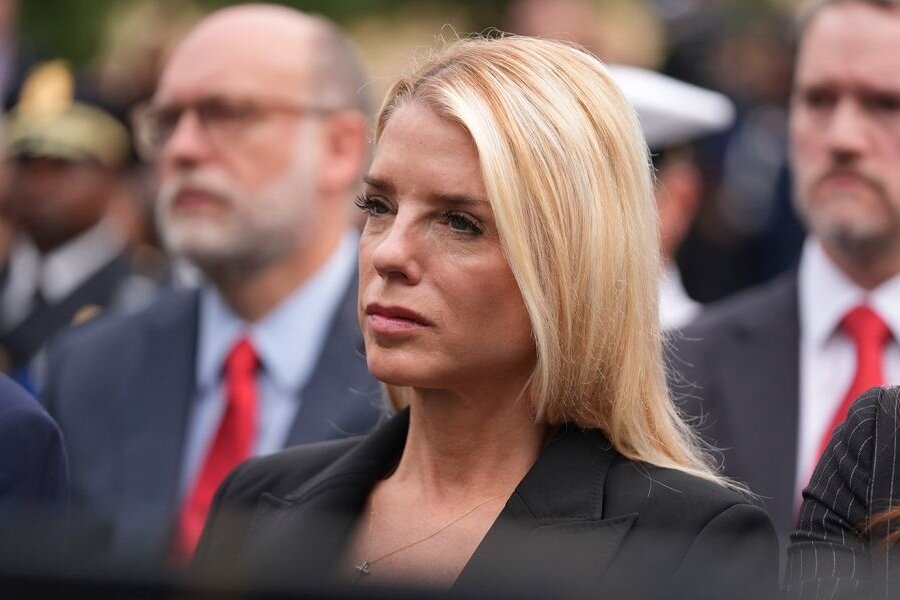In South Texas, a growing scandal involving indicted Congressman Henry Cuellar is exposing just how deep the rot runs in America’s political institutions—and how little Democrats or the media care about election integrity.
Cuellar, who represents Texas’s 28th Congressional District, is under federal indictment for accepting more than $600,000 in foreign bribes from a Mexican bank and a state-run oil company in Azerbaijan.
Prosecutors allege that Cuellar and his wife personally profited from years of secret deals, using their public positions to advance the interests of foreign entities. Adding to the gravity, three of Cuellar’s top aides are now cooperating with the Department of Justice. Yet despite facing trial, Cuellar was not removed from the 2024 ballot.
Instead, he ran for re-election and supposedly defeated Republican challenger Jay Furman in a district Donald Trump carried by seven points. Somehow, Cuellar won by five points—a shocking 12-point swing.
Furman submitted more than 80 affidavits from voters who said his name was missing from their ballots.
The Texas Fourth Court of Appeals ordered a forensic review and instructed Webb County Judge Tano Tijerina to conduct it “immediately.” Judge Tijerina refused.
The situation quickly escalated from suspicious to outrageous. After blocking the ballot inspection, Judge Tijerina announced his own planned campaign for Congress—entering the same race he had just helped suppress. In any functioning democracy, such a conflict of interest would end careers. In South Texas, it simply became another chapter in a growing scandal.
According to Federal Election Commission filings, Cuellar’s campaign received more than $110,000 from ActBlue, the Democrat-aligned fundraising platform already under multiple federal investigations for donor fraud, foreign interference, and straw donations. In April 2025, the House Oversight and Judiciary Committees revealed that ActBlue deliberately weakened its fraud-prevention systems during the 2024 cycle.
Staff were trained to “look for reasons to accept donations,” even when payments came from foreign IP addresses or prepaid cards—classic red flags for money laundering. Between 2022 and 2024, Congress identified 1,900 suspicious transactions, including 237 traced directly to foreign networks.
The Federal Election Commission has now opened its own inquiry.
Regulators flagged donations to Cuellar’s campaign from entities like Save Democracy PAC and Green Corridors LLC that appear to violate federal campaign finance laws. One PAC donation exceeded legal contribution limits, while the LLC donation potentially violated federal bans on corporate contributions.
Cuellar has until October to respond or face audit and enforcement action.
Share your thoughts by scrolling down to leave a comment.













